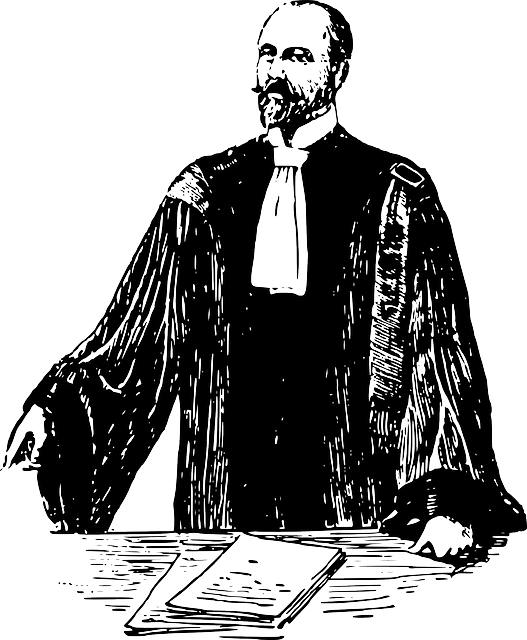Probate, the legal process for transferring assets after death, relies on interpreting and executing wills or state laws of intestacy. Legal representation is vital, especially in complex cases, to ensure fairness in distributing the estate according to the testator's wishes or legal default. During probate adjustment requests, attorneys scrutinize documents, assess claims, provide strategic advice, protect clients' rights, and facilitate communication, streamlining the process and minimizing disputes. Key considerations include understanding relevant laws, effective communication, meticulous organization, and gathering comprehensive documentation to support arguments for a fair estate distribution. Strategic approaches can prevent prolonged legal battles and lead to more amicable resolutions.
In the intricate process of probate, legal representation plays a pivotal role in ensuring fair estate distribution. This article delves into the critical components of probate adjustment requests, offering a comprehensive guide for both legal professionals and interested parties. We explore the foundational understanding of probate and estate distribution, highlighting the essential duties of legal advocates. Subsequently, we provide strategic insights, best practices, and key considerations to navigate probate disputes effectively, ultimately promoting equitable asset allocation.
- Understanding Probate and Estate Distribution: A Foundation for Legal Representation
- The Role of Legal Professionals in Probate Adjustment Requests
- Key Considerations for Effective Estate Distribution Advocacy
- Strategies and Best Practices for Handling Probate Disputes
Understanding Probate and Estate Distribution: A Foundation for Legal Representation
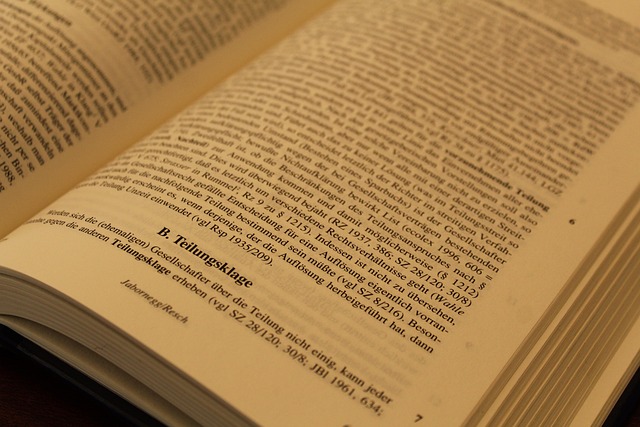
Probate is a legal process that ensures the valid transfer of a person’s assets after their death. It involves interpreting and executing the terms of a will, or if there is no will, determining how property should be distributed according to state laws of intestacy. This process is crucial for ensuring fairness in estate distribution among beneficiaries named in the will or those eligible under intestate succession rules.
Legal representation plays a pivotal role in this process, especially when complex issues arise, such as disputes over the validity of a will, claims against the estate, or conflicts between beneficiaries. An experienced attorney can guide clients through the intricacies of probate, ensuring their rights are protected and that the intended distribution of the estate is carried out accurately and legally.
The Role of Legal Professionals in Probate Adjustment Requests
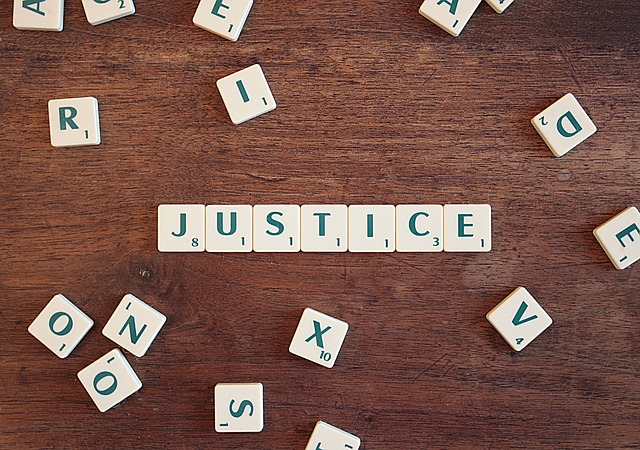
Legal professionals play a pivotal role in probate adjustment requests, ensuring that all aspects of estate distribution are handled with precision and fairness. They guide clients through the intricate process, providing invaluable expertise to navigate complex legal terrain. These professionals scrutinize will documents, assess the validity of claims, and offer strategic advice tailored to each unique case.
By leveraging their knowledge of probate laws, they advocate for their clients’ interests, protecting their rights and ensuring a just resolution. Their involvement streamlines the adjustment process, minimizing potential disputes and delays. Legal representation is crucial in clarifying ambiguous clauses, interpreting estate intentions, and facilitating open communication among all parties involved, ultimately contributing to a smoother transition during what can be an emotionally challenging time.
Key Considerations for Effective Estate Distribution Advocacy
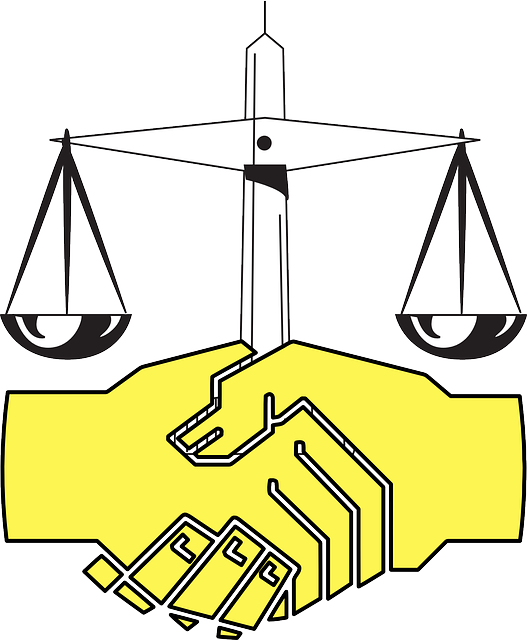
When advocating for a fair and accurate estate distribution in probate adjustment requests, several key considerations come into play. Firstly, understanding the specific legal requirements and applicable laws is paramount. This includes knowledge of inheritance rules, tax implications, and any unique provisions outlined in the will or trust documents. A thorough grasp of these aspects ensures that arguments presented are not only accurate but also legally sound.
Secondly, effective communication with all relevant parties is essential. This involves clear explanations of the proposed adjustments, addressing concerns, and providing compelling justification based on available evidence. Building strong relationships with clients, beneficiaries, and other involved individuals can facilitate a collaborative environment, which may lead to more amicable resolutions. Additionally, staying organized and maintaining detailed records throughout the process is critical for success in navigating these complex legal procedures.
Strategies and Best Practices for Handling Probate Disputes
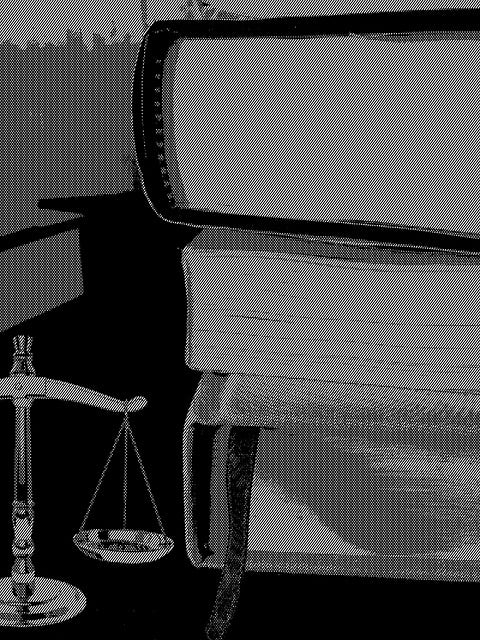
When navigating probate disputes, a strategic and meticulous approach is paramount. One effective strategy involves gathering comprehensive documentation to support your case. This includes financial records, wills, and any relevant communications related to the estate. Organising this information in a structured manner can significantly strengthen your argument for a fair estate distribution.
Best practices dictate that attorneys should foster open communication with clients throughout the process. Keeping clients informed about potential issues and available options empowers them to make informed decisions. Additionally, staying proactive by identifying potential disputes early on can prevent protracted legal battles. Promptly addressing concerns can lead to more amicable resolutions, ensuring a smoother transition for all parties involved in probate adjustments.

